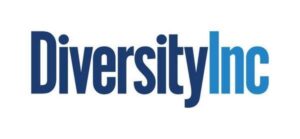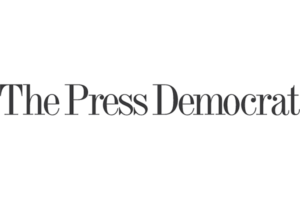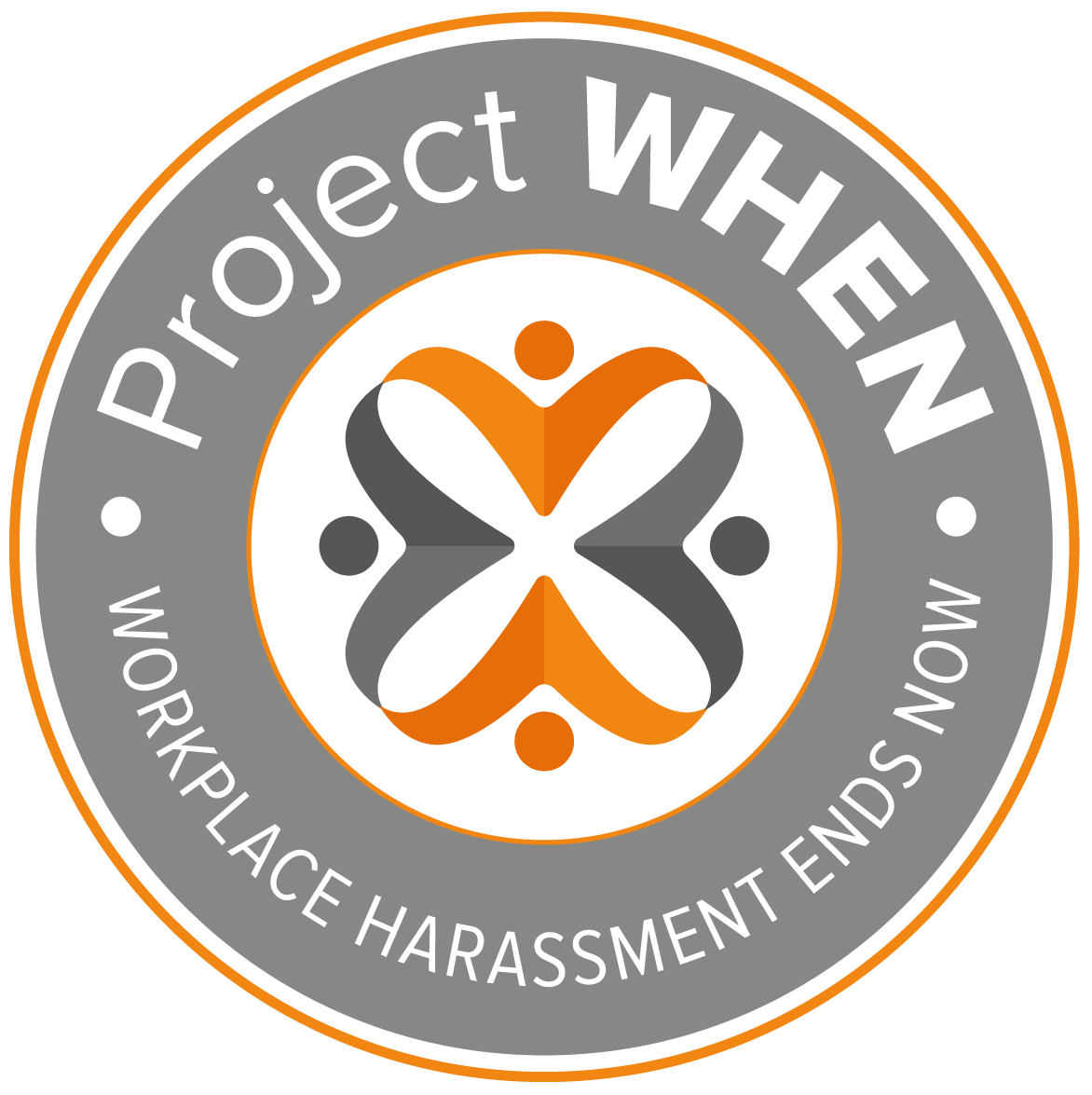The Long, Hard Road of Fighting Age Bias in the Workplace – Our interview with Kiplinger’s Retirement Report

Matthew Stegmeier, Project WHEN’s Director of Operations, sat for an interview with Kiplinger’s Retirement Report — a monthly publication of Kiplinger Washington Editors that covers all the critical concerns of affluent older Americans — to discuss the issue of ageism and bias in the workplace.
The interview focuses on the persistence and proliferation of age bias even though the law prohibits discrimination based on age.
In the interview, Project WHEN shared that when identifying ageism or age discrimination, it frequently manifests as older workers being unfairly fired, laid off, or passed over for hiring and promotions. However, it is also seen in a more subtle form. It might consist of coworkers making “jokes” about a colleague’s age or excluding an older employee from social events. According to Matthew Stegmeier, “When you think of harassment, you may automatically go to sexual harassment. But, it can also be these off-handed comments, even if made in fun.”
Stegmeier also added that most lawsuits are often settled or dismissed on summary judgment rather than going to the trial. Some workers decide not to pursue a discrimination claim to avoid costly and potentially stressful lawsuits. According to Stegmeier, “It’s a tough situation for many people. They question, ‘Do I want to speak up and say something and risk losing my job? Is it really something I need to do?’ You do have protection under the law, but that doesn’t mean it won’t be a tough path.”
According to EEOC, the Age Discrimination Employment Act was enacted 50 years ago. It has contributed to workplace equality and fairness for older workers. However, age discrimination continues to exist because of outdated and unfounded assumptions about older workers, aging, and discrimination. No one should be denied a job because of stereotypes, and it’s past time to abandon these outdated assumptions. Age has no bearing on ability, experience, or commitment. To fulfill the ADEA’s promise, it is time to recognize the value of age diversity in the workplace and the advantages of a multi-generational workforce.
If you are a victim of workplace harassment or a witness to it, Project WHEN has launched a comprehensive guide about your rights and what steps to consider when facing workplace discrimination.
What can companies do to prevent ageism?
Companies have the responsibility to prevent age discrimination from transpiring in the workplace. Developing a respectful work environment is possible for any organization with the right mix of properly enforced policies and a holistic examination of business processes and culture.
The advocacy to prevent age discrimination is most effective when the initiative starts with senior leadership. However, change can also happen when an individual speaks up. If you are passionate about ensuring the safety of employees from the different manifestations of discrimination, consider getting your company involved with Project WHEN (Workplace Harassment Ends Now).
As a first step, we’d ask you to sign our Pledge of Commitment to demonstrate your dedication to creating a respectful, harassment-free workplace for your employees.
For a holistic and structured approach to living out your commitment, we would encourage you to enroll in the WHEN™ Organizational Certification program. In this program, we will guide you through a step-by-step process of preventing all types of workplace harassment. This certification will also serve as a powerful statement to both internal and external audiences about your commitment to making your workplace a safe space for everyone. The Employee Culture Pulse Survey, which is also offered as a standalone service, will be administered to employees in the first phase of this program. The actionable data gained from this survey will allow you to identify challenges in your fight against workplace harassment and strategize your path to improvement.
How does Project WHEN help?
Project WHEN is working hard to spread an important message and encourage organizations to create a more respectful work culture. While we believe that awareness is essential, having a means to directly help victims of harassment would have a huge impact. It is why in addition to expanding our resources for companies and employees, we are working on establishing a victim support hotline.
We aim to offer support to victims by connecting them with someone who can guide them through what they can do to address the problem while being a pillar of emotional support. Our hope is to widen our reach and let everyone know that workplace harassment needs to end now and that help is available for anyone battling it.
 Are you interested in taking action and creating a harassment-free workspace?
Are you interested in taking action and creating a harassment-free workspace?
Project WHEN provides organizations with an opportunity to enroll in the WHEN™ Organizational Certification program wherein employers can go through a structured process of learning how to prevent workplace harassment and create a more respectful work environment.
Service providers, internal practitioners, and other professionals can obtain a micro-credential by enrolling in the WHEN™ Professional Certification program. It is a five-course module that Project WHEN, together with Human Resources Certification Institute (HRCI), will be launching soon. This course is perfect for individuals passionate about driving change in the workplace and who want to be Anti-Harassment Certified Practitioners.
Getting Involved with Project WHEN
Learn more about how you can support us or get involved with our organization here.
Join our mailing list to stay updated about the latest Project WHEN news. We also encourage anyone passionate about eliminating workplace harassment to sign our Pledge of Commitment to demonstrate your support in creating respectful, harassment-free workplaces for future generations.

 Previous Post
Previous Post




